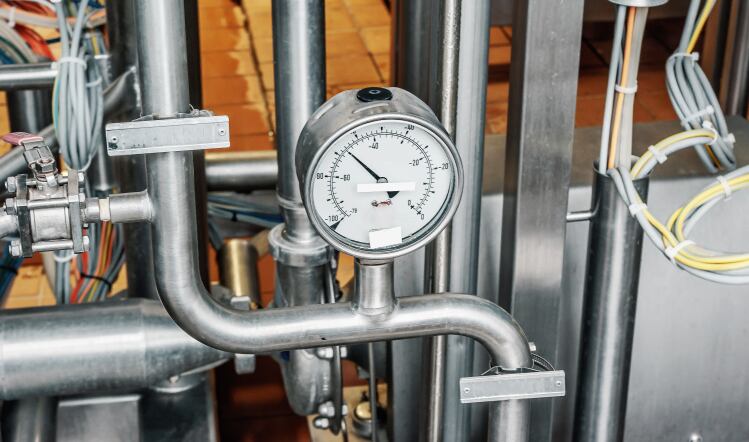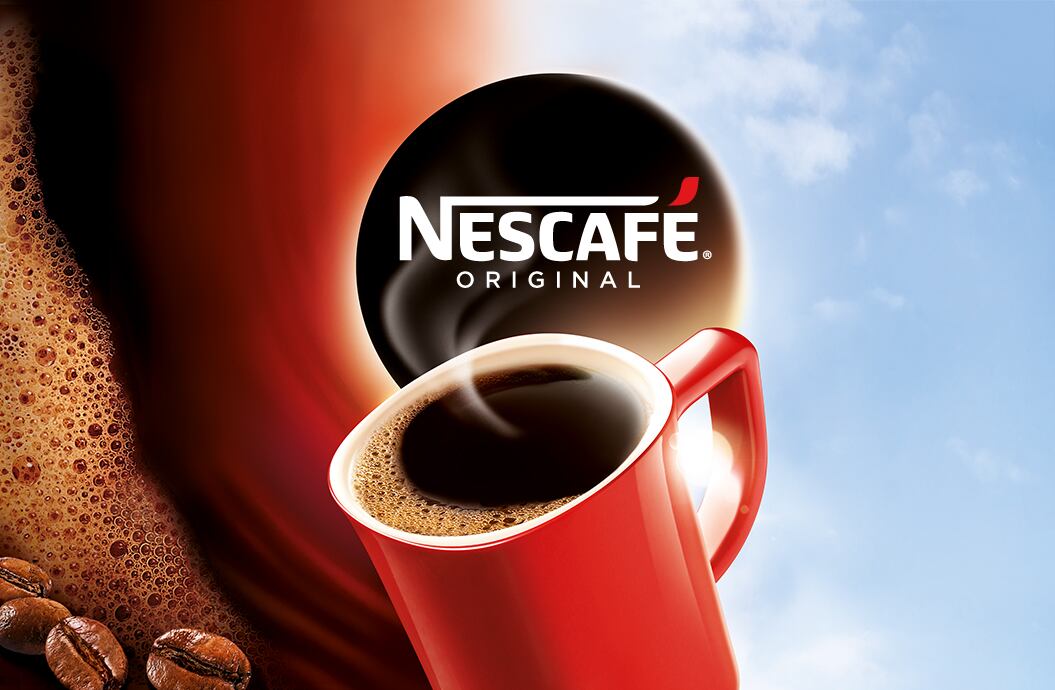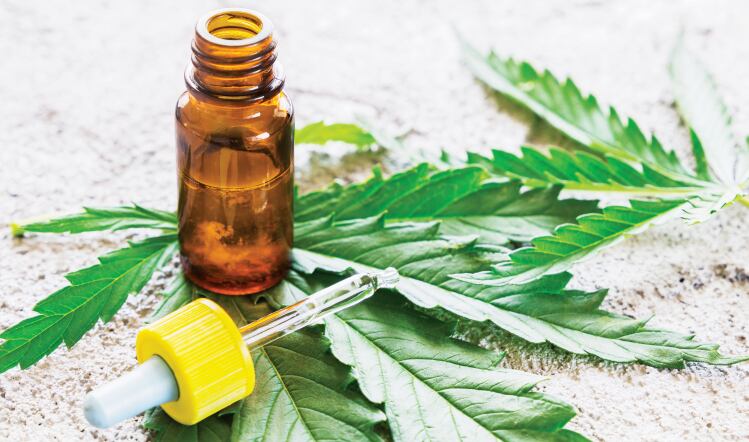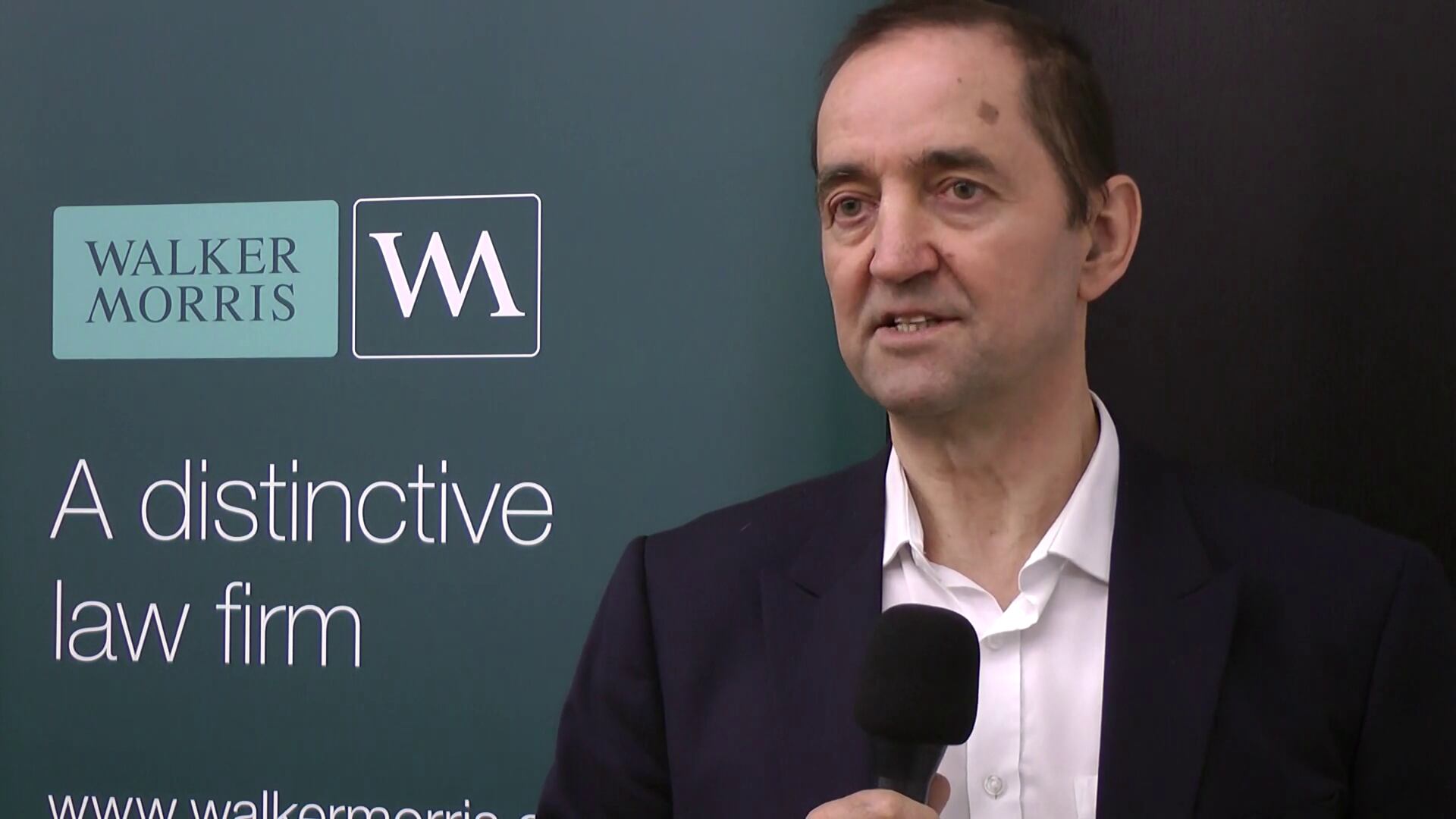The European Fluorocarbons Technical Committee (EFCTC) made the recommendation after it discovered a growing black market for HFC gases was hampering efforts to combat climate change.
It warned that illegal HFCs had flooded the market despite the introduction of the EU F-gas Regulation in 2015, which is targeting a 79% reduction of F-gas use by 2030.
Confiscations
The EFCTC said customs officers regularly confiscated illegal HFCs, which were offered in large quantities on the internet, but added that complex shipping routes and reseller markets made the activity hard to track.
“Because of the current lack of enforcement at the EU’s borders, people of the UK may unwittingly and unwillingly be supporting organised crime and disrupting the effort to reduce greenhouse gas emissions,” cautioned Dave Smith, business director at Koura Global, a member of the EFCTC.
EFCTC member companies have urged authorities to continue improving enforce-ment of the regulation and share best practices across member states. The committee has pledged to support independent investigations into the volume of illegal HFCs in Europe and develop strategies to help combat smuggling.
Action line
It has also set up an action line for the anonymous reporting of illegal F-Gas products, with 228 reports of illegal activities recorded in the first few months, 16 of them in the UK.
“We encourage the food industry to reach back up into their supply chains and seek assurance from their suppliers on compliance with the EU F-gas regulations,” Smith added.
“If in doubt, the EFCTC Action Line should be utilised. Illegally imported HFC refrigerants might seem like a good deal, but they’re damaging the environment, risking safety and funding criminal activities.”




